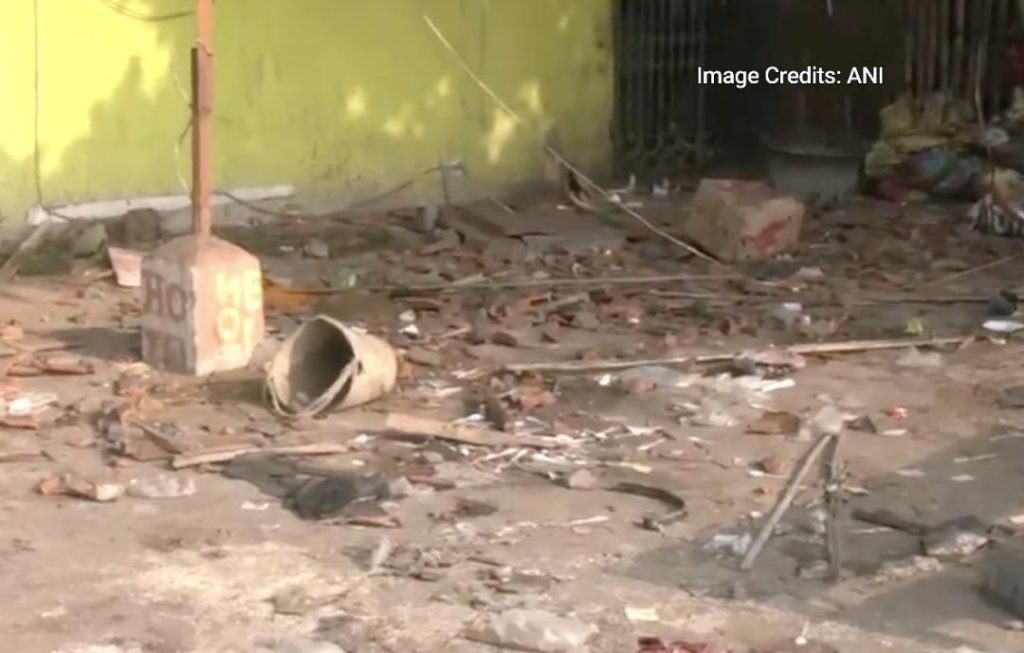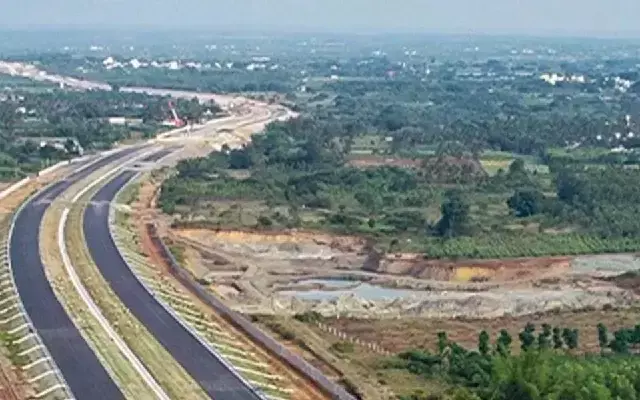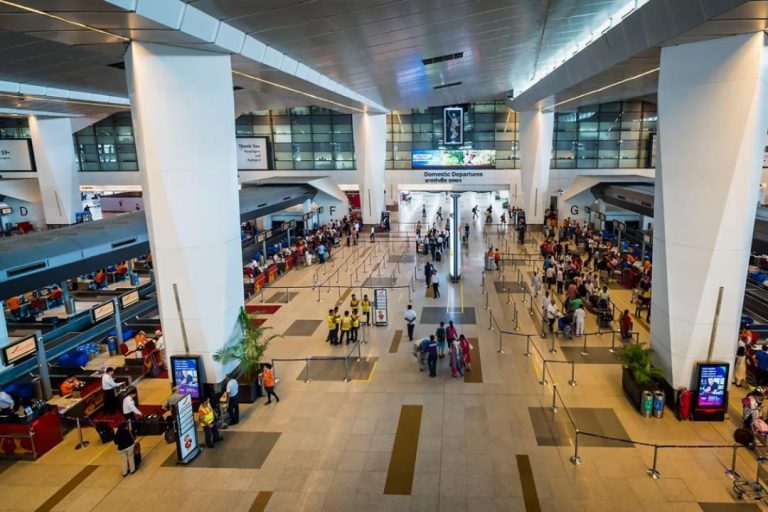
5,000 Disrupt Services & Pelt Stones at Bengal Railway Station during Protest against Waqf Act
Tensions ran high in West Bengal as protests against the Waqf Act intensified, resulting in widespread disruptions at a railway station. According to reports, nearly 5,000 people gathered near the Dhulianganga station, disrupting train services and pelting stones, affecting the movement of the Kamakhya-Puri Express.
The incident occurred on Friday, with eyewitnesses describing the chaotic scene. A railway guard, who wished to remain anonymous, shared his account of the events. “After 1 pm, a large mob gathered at the station. They started pelting stones, and we couldn’t pass the signal. Many things were destroyed,” he said.
The protest, which was sparked by concerns over the Waqf Act, took a violent turn as the protesters, estimated to be around 5,000 in number, converged on the railway station. The act, aimed at protecting and regulating Muslim religious institutions and properties, has been a contentious issue, with many opposing its implementation.
The disruptions caused by the protest had a significant impact on the movement of the Kamakhya-Puri Express, one of the busiest trains in the region. The train, which was scheduled to depart from Dhulianganga station, was delayed due to the chaos caused by the protesters.
The Eastern Railways issued a statement, confirming the disruptions and expressing concern over the safety of passengers and railway personnel. “The movement of Kamakhya-Puri Express was affected due to the agitation,” the statement read. “We are investigating the matter and taking necessary steps to ensure normalcy is restored.”
The protest, which was attended by a large number of people, was marked by violence and destruction. Eyewitnesses reported that several public properties were damaged, and the railway station sustained significant damage. The police were deployed to the area to maintain law and order, but the situation remained tense for several hours.
The Waqf Act, which was introduced in 1954, aims to protect and regulate Muslim religious institutions and properties. However, many have opposed its implementation, citing concerns over the act’s potential to infringe upon individual rights and freedoms.
The protests against the Waqf Act have been ongoing for several weeks, with demonstrations taking place across West Bengal. The government, however, has reiterated its commitment to implementing the act, citing its importance in protecting the rights of Muslims and ensuring the preservation of their religious institutions and properties.
The incident at Dhulianganga railway station is a grim reminder of the tensions that continue to simmer in West Bengal. While the government has taken steps to address the concerns of the protesters, the situation remains volatile, and it is unclear when normalcy will be restored.
In the meantime, the railway authorities have promised to take necessary steps to ensure the safety and security of passengers and railway personnel. The police are also investigating the incident and have promised to take action against those responsible for the violence and destruction.
As the situation continues to unfold, one thing is clear – the protests against the Waqf Act are a complex issue that requires a nuanced approach. While the government must address the concerns of the protesters, it must also ensure that the rights of all citizens are protected and respected.






